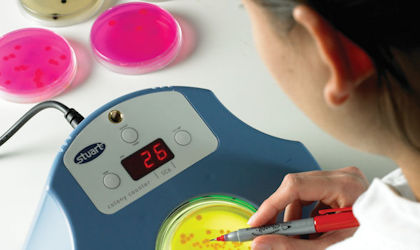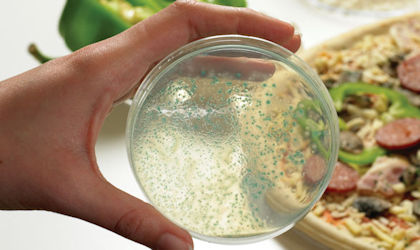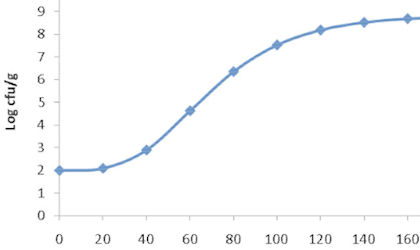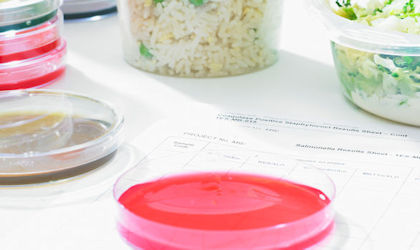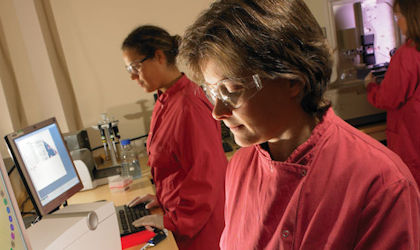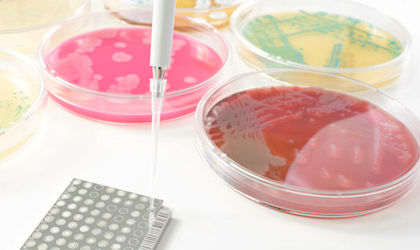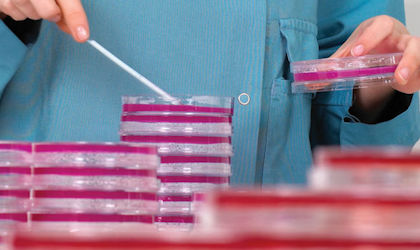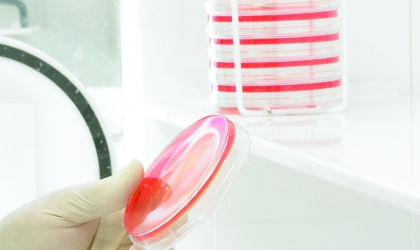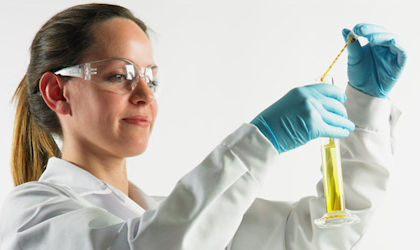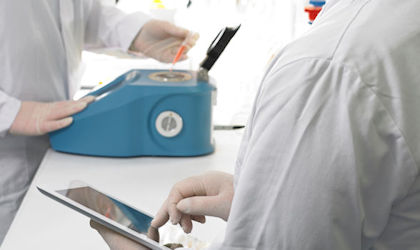Foodborne viruses, research, technical and information

To discuss your needs
Virus research
With around 200,000 cases per year in England and Wales, virus-related foodborne illness is becoming a major cause for concern. Research at Campden BRI is looking to locate gaps in current knowledge on the efficacy of controls against viruses, and establish the stability of infective foodborne viruses after exposure to control measures – focusing on norovirus and hepatitis A virus.
Foodborne viruses - what they cause, how they get into food, and what we can do about it
The issues surrounding foodborne viruses were considered so serious that, in 2016, the FSA alongside the European Food Safety Authority (EFSA) held an international workshop to identify key research priorities to help industry, scientists and regulators understand and manage the risk to consumers and thereby protect public health.
This white paper looks at the viruses concerned, how they get into food, and how we can detect and control them.
Foodborne viruses - current challenges and developments
Although the food industry works hard to ensure the food it produces is safe, microbiological incidents do sometimes occur. Learning the lessons from these incidents can help us all to develop new processes and methods to further reduce risk. In this webinar, Martin D'Agostino explains some of the current challenges and developments with foodborne viruses.
Foodborne virus research
Pathogenic viruses are an emerging problem for the food industry. Although they cannot grow on or in foods, they are carried by foods. They tend to have low infective doses, and general knowledge of how they react to common microbiological controls, such as heat, sanitisers, low pH and low water activity, is quite sparse. However, ongoing research into the control of viruses in food production is helping to fill some of these gaps.
You may also be interested in
Microbiology training courses
Explore our Microbiology related courses including; Major food microbiology pathogens – live online tutor-led training course
Are you getting the most from your Membership?
Watch our membership FAQ videos and find out more about Member Service Account spending, Member Interest Groups, help and advice
Key services
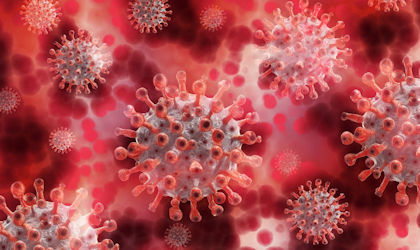
COVID-19 (SARS-CoV-2)
Environmental testing and prevention to help the food industry control SARS-CoV-2.
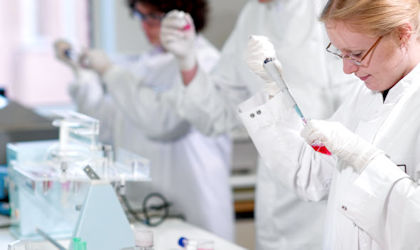
Microbiological analysis and testing
Covering pathogens, spoilage organisms, and indicator organisms

Microbiological shelf-life
Product safety, retaining sensory, microbiological and chemical characteristics.
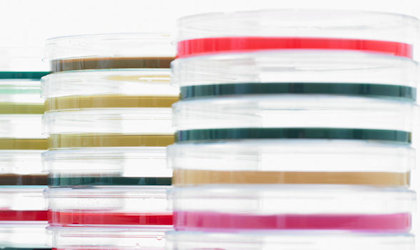
Microbiological methods evaluation
Evaluating microbiological methods, validation and interpretation.
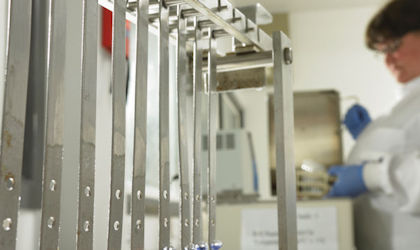
Heat resistance
Determine whether the process you are using will be sufficient to achieve your aims.
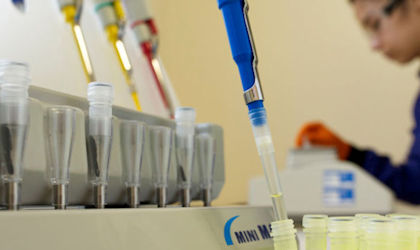
Detection and control of foodborne viruses
Foodborne viruses are a safety challenge for a range of foods.
Where we refer to UKAS Accreditation
The Campden BRI group companies listed below are accredited in accordance with the recognised International Standard ISO/IEC 17025:2017 by the United Kingdom Accreditation Service (UKAS). The accreditation demonstrates technical competence for a defined scope of methods, specific to each site, as detailed in the schedules of accreditation bearing the testing laboratory number. The schedules may be revised from time to time and reissued by UKAS. The most recent issue of the schedules are available from the UKAS website www.ukas.com. Campden BRI (Chipping Campden) Limited is a UKAS accredited testing laboratory No. 1079


